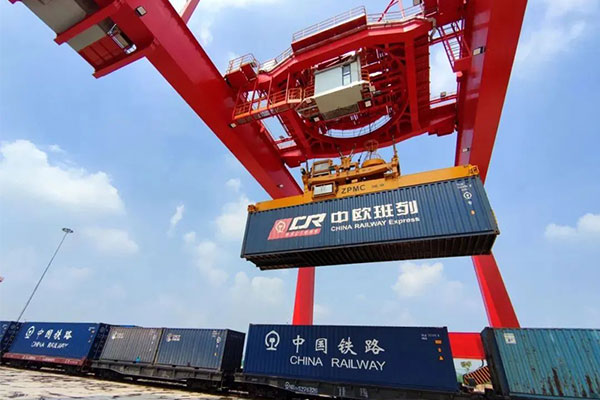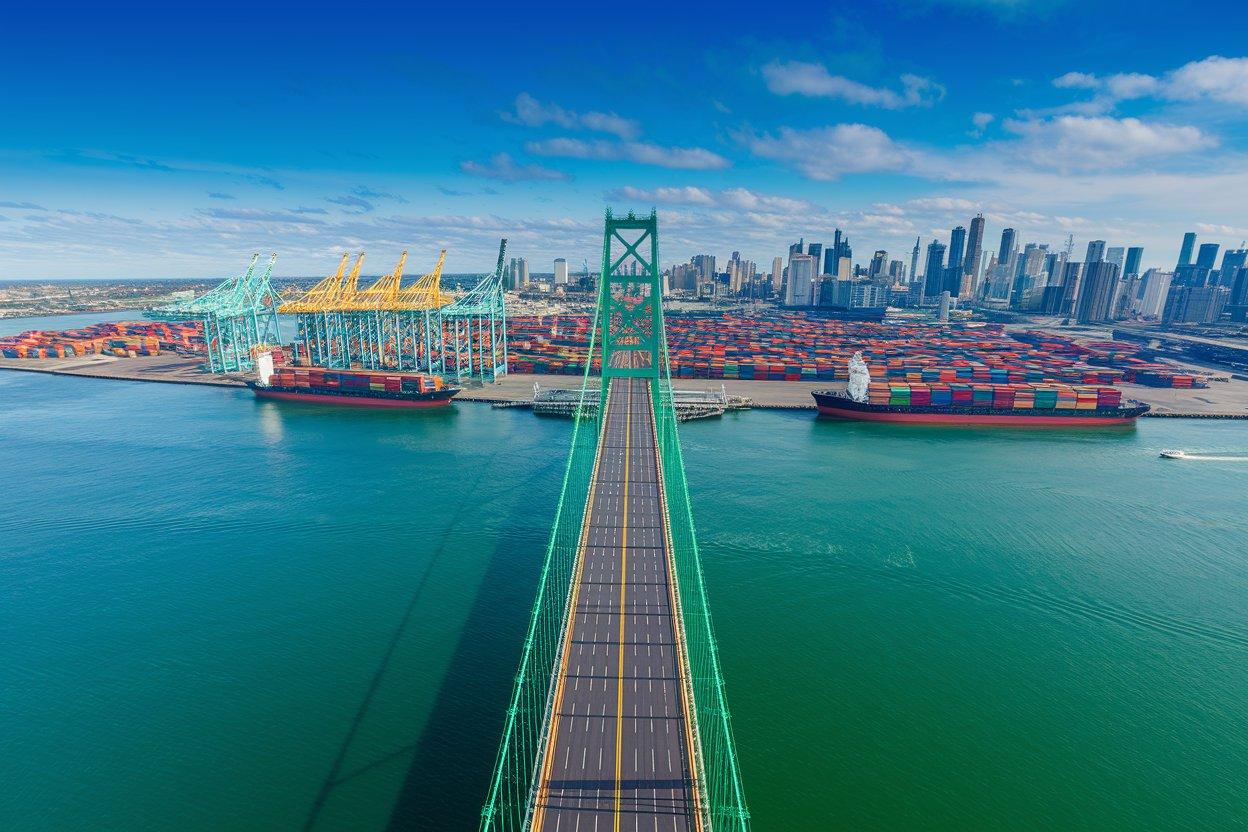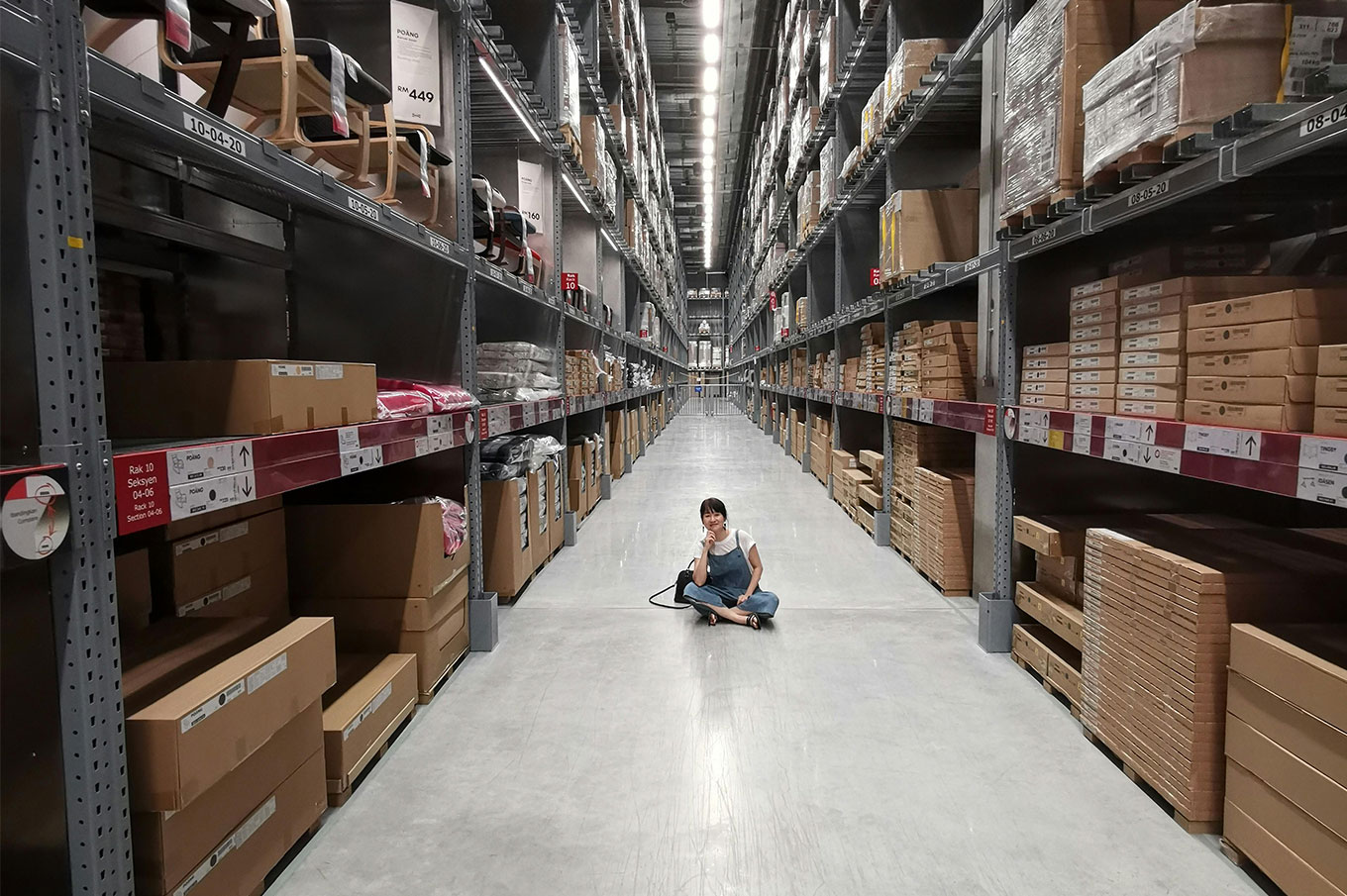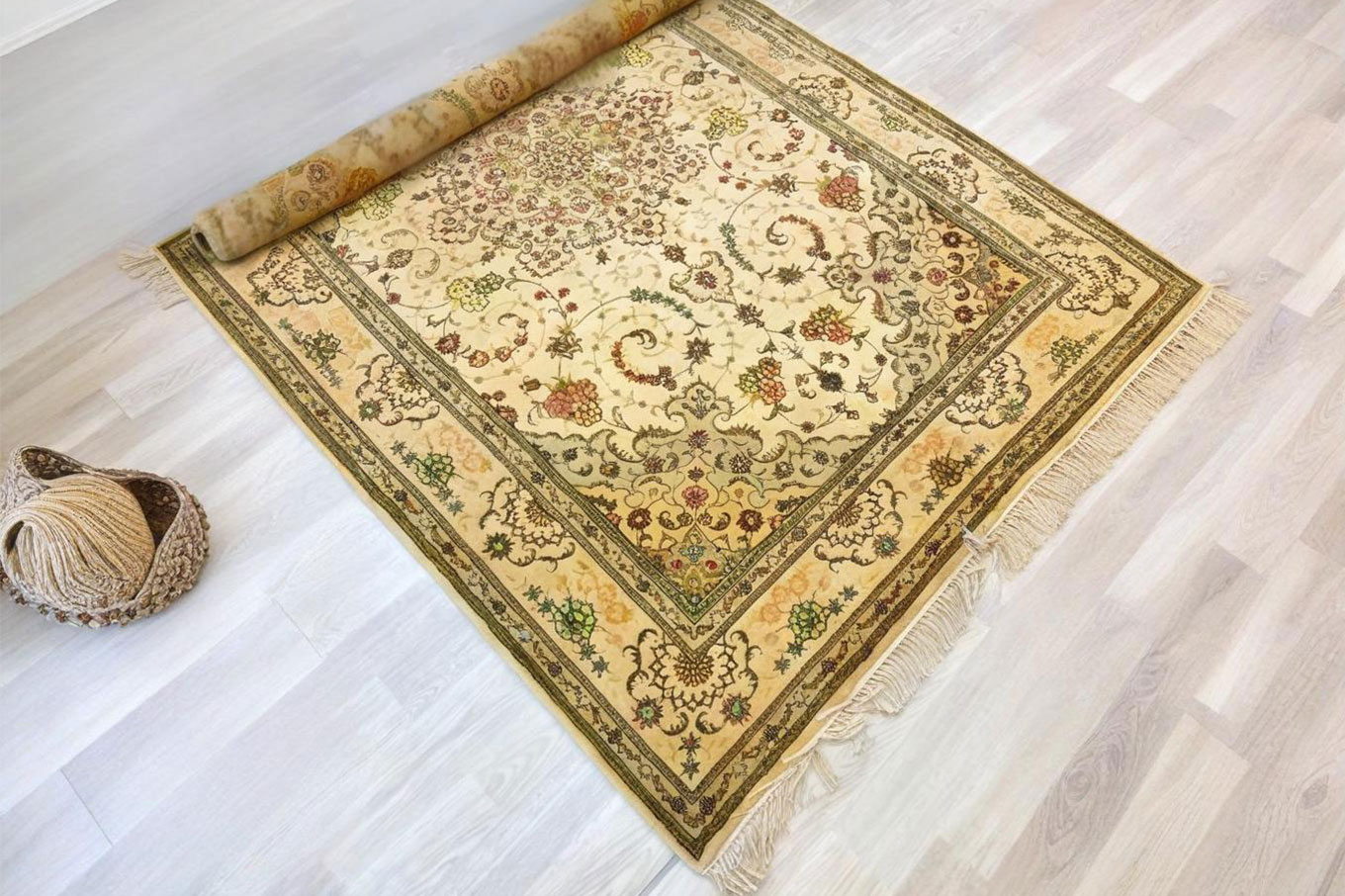- Shanghai Zhongshen International Trade Co., Ltd. - Two decades of trade agency expertise.
- Service Hotline: 139 1787 2118
In international trade, selling products to European countries like Germany can be a bit confusing, especially for items like ceramic tea sets that come into direct contact with food. Germany is known for its high standards for imported goods, particularly those related to food safety—certificates and regulations are non-negotiable. If this is your first time dealing with German customs clearance, don’t worry. This article will guide you step by step on what you need to prepare to export ceramic tea sets to Germany.
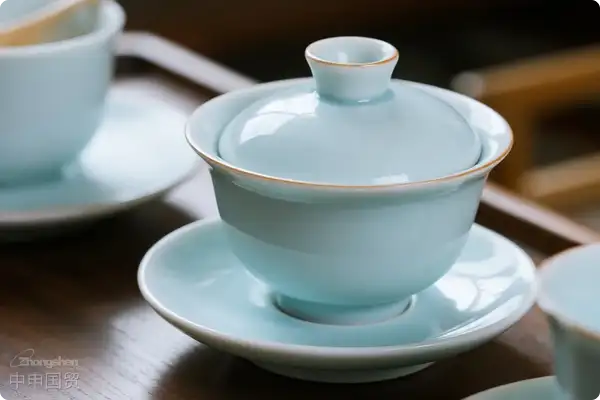
Why is it important to prioritize certificates and regulations?
Germany is a member of the European Union and has very strict safety and environmental requirements for imported products. Ceramic tea sets, such as teacups and teapots—items used daily to hold tea—must be proven to be harmless to human health and free from affecting the taste of beverages. Without the proper certifications, products may be held at customs or even returned, leading to significant losses. Therefore, figuring out the necessary documentation in advance not only saves hassle but also ensures smooth business operations.
What certificates are required to export ceramic tea sets to Germany?
1. Food Contact Material Test Report
Since ceramic tea sets are used for drinking tea, it is essential to ensure their safety when in contact with food. Germany and the European Union place particular emphasis on the migration limits of heavy metals, such as lead and cadmium, which are harmful to the body.
- Key inspectionThe leaching amounts of lead (Pb) and cadmium (Cd) must be within safe limits.
- Testing standardsTesting can be conducted according to the EU's EN 1388 standard or Germany's LFGB standard. LFGB is a German regulation specifically for food contact materials, which holds high credibility and is particularly recognized by German customs.
- Small suggestionFind a qualified testing agency, send the tea set for testing, and submit the qualified report directly during customs clearance.
2. REACH Regulation Compliance
REACH is a set of chemical management regulations in the EU. Its full name is quite long, but simply put, it aims to ensure that the chemical substances in products do not harm health or the environment.
- Applicable scenariosIf your ceramic tea set uses glaze or other chemical components, you need to check whether these materials contain SVHC (Substances of Very High Concern).
- How to get it doneYou can ask the supplier to provide a REACH compliance declaration or directly conduct an SVHC test on the product to ensure there are no issues.
3. EU Food Contact Materials Regulation (EC) No 1935/2004
This is a unified requirement by the EU for all food-contact products, and ceramic tea sets are no exception.
- Basic principlesThe product must not release any harmful substances, nor should it alter the taste or odor of the tea.
- Need to prepareA declaration that complies with this regulation, or a relevant test report, proving that your tea set is safe and reliable.
4. Other documents that may be required
- MSDS (Material Safety Data Sheet)If the glaze contains chemical components, customs may require this to verify the ingredients and safety.
- It is recommended to verify through the following methods:CertificateNot necessarily required, but sometimes it can help you clear customs smoothly, especially when it comes to tariff preferences.
- Trade Basic DocumentsCommercial invoices and packing lists are essential, make sure the information is clearly written and error-free.
How can I make things easier?
1. Please confirm with the German side.
The requirements may vary slightly for each importer or country. Before shipping, it's best to directly ask your German client or the local freight forwarder about the specific documents they need, so you can be more confident.
2. Find a reliable freight forwarder.
Freight forwarders are really helpful when it comes to customs clearance, especially those familiar with the German market. They not only know the procedures but can also offer practical advice. If you're a beginner, hiring a professional freight forwarder can save you a lot of trouble.
3. Start early, don't procrastinate.
Both testing and applying for certificates take time, especially during peak seasons when it might be even slower. It's advisable to prepare in advance and have all the documents ready before shipping to avoid last-minute chaos.
Some practical tips
- Honesty comes firstWhen submitting documents, don't try to be clever—honesty and accuracy are what matter most, or you'll end up with bigger troubles.
- Build a good relationship with the customer.Good compliance builds trust with clients naturally, leading to more sustainable business.
- Regulations may change, remember to stay updated.EU and German regulations may be updated, so stay vigilant to avoid being caught off guard by new requirements.
Conclusion
Exporting ceramic tea sets to Germany does require preparing some certificates and documents, but as long as you understand the rules in advance and follow the procedures step by step, it's actually not that complicated. Compliance is not just for clearing customs—it's also about helping your products gain a solid foothold in the market. I hope this guide proves helpful, and I wish your...foreign tradeThe road ahead is getting smoother and smoother!
Related Recommendations
? 2025. All Rights Reserved. Shanghai ICP No. 2023007705-2  PSB Record: Shanghai No.31011502009912
PSB Record: Shanghai No.31011502009912

